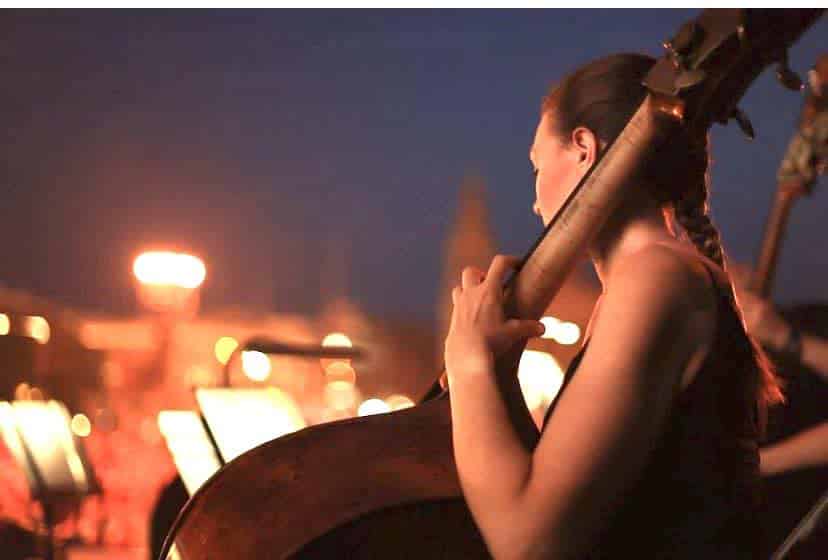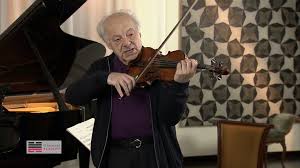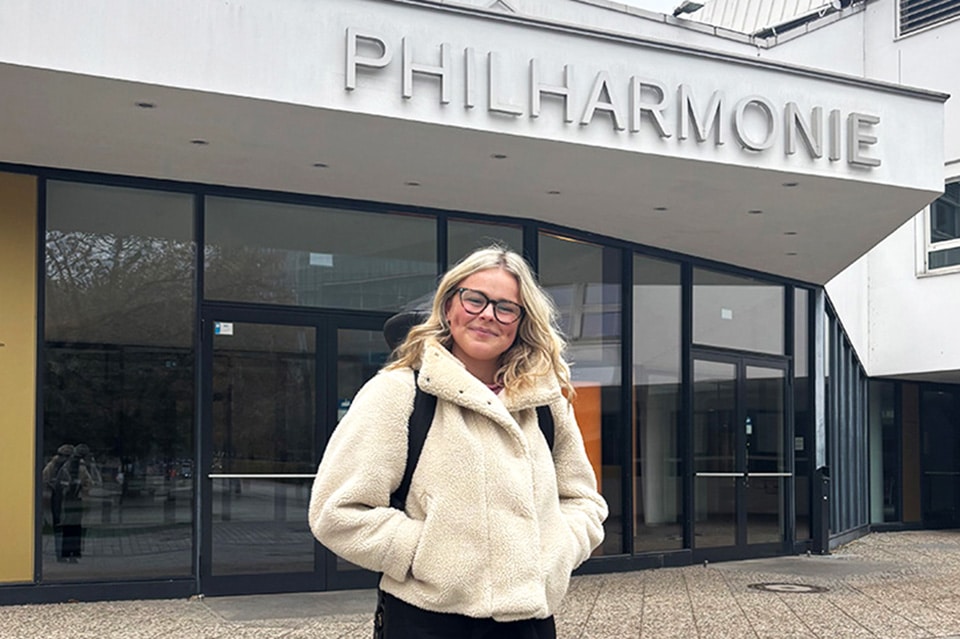Stockholm names a boss with no experience
NewsRoyal Swedish Opera in Stockholm has named Fredrik Lindgren as its new CEO.
The blurb says: Fredrik Lindgren has a long and solid experience of leading complex organizations in change. He has worked at Kunskapsskolan Sweden for a total of 12 years, with 9 years as CEO. Prior to that, he held various positions at Investor AB for 12 years. He has built up an extensive network within publicly funded organizations as well as within trade and industry in Sweden.
In other words, he’s in mid-career and has never worked a day in an opera house.
That’s promising.
Opera Board Chair Lena Olving said: ‘We are convinced that Fredrik, with his documented leadership qualities and his personality, will develop the organization in collaboration with the employees while respecting their collective know-how, and that he will follow on from Birgitta Svendén’s highly successful tenure.’







friends in high places. that is how people
get these jobs.
all my friends are in low places.
He will learn on the job and as he is not artistic director he will be running a business and may even get sponsorship from his many contacts.
“He will learn on the job…”
So head of the Royal Swedish Opera is now a trainee position.
In theory, this could work. In practice (e.g., the Metropolitan Opera), there are sad consequences.
Again, top jobs obtained through connections, not ability or experience.
He is clearly chosen to run the opera as a business. This can only mean that the content: the works, will be treated as commodities. and this in turn will mean that all artistic motivations have to be subordinated to financial motives.
The obvious misunderstanding is that an opera house is NOT a business, and thus cannot be run like a company. Artistry can never be defined by standards that rule corporations.
I disagree. If the taxpayer is funding an enterprise it should be run as though a ‘business’ in order to justify that funding and to make sure that the money is used wisely and can achieve budget-balancing outcomes. If it was their very own cash, no problem at all. Even a philanthropic endowment should be justified.
No, any money paid for classical music performances and recordings and the like, is an investment in the common good. Whether money is spent well and effectively, is another question – one of professionalism.
And how can money be “used wisely” when the business is run by a moron-in-the-arts?!?
Yes, you are right. But this IS Swedish!! Very Swedish.
Exactly. Running an opera house is a management role. His job is to run a complex organization with several hundreds employees, manage sponsors and governments, put the opera and ballet directors in the best possible conditions, and stay out of their way.
Does he need to know opera? Sure, it helps. But he needs to know the logistical side more than the creative side (he needs to understand how to mount a production, how the opera world operates, how to sell it; he does not need to read the score of Tosca, or even sign contracts with singers’ agents). But it’s probably better to have someone with good management chops who is interested, even if they’re an external candidate.
The point is not to know opera scores, but to understand what the art form is and its relationship with society. A business is not a charity, but wants to produce things to make profit. Nothing wrong with it as long as it remains within the law. But classical music has no concept of ‘profit’, so all financial decisions have a different character. How many ushers do we need? How well whould they be paid? Do we need a social justice warrior or a musicologist for unknown repertoire? On how many people shall we count with this or that concert? Do we need visuals with this concert, or special spotlights when Yuja does her show? How should we approach sponsors, and which ones? How to write our subsidy applications? Etc. etc. All of this requires a different approach when it is considered an investment for the common good.
“He will learn on the job…”
So typical of Swedish public office.
Fredrik Lindgren, som studerade opera på 1990-talet och har ett starkt intresse för just opera och teater, börjar på Kungliga Operan senast den 1 maj 2022 och tillträder formellt som vd den 1 juli 2022.
– Jag är lyckligt lottad som har fått ägna över ett decennium åt något av det viktigaste vi har i samhället – våra barns utbildning. Att jag dessutom nu får möjligheten att på heltid arbeta med ett av mina största intressen i livet – musik och scenkonst i alla dess former – känns fantastiskt, säger Fredrik Lindgren.
https://via.tt.se/pressmeddelande/vd-fredrik-lindgren-lamnar-kunskapsskolan-for-operan?publisherId=3235465&releaseId=3309643
These are all wrong words!
Sally
That could be a plus.
Look at Iceland symphony CEOs and staff. Corruption at its finest
This is REAL Swedish!! Go ahead guys!!
Note that, “Lindgren has worked for the School of Knowledge in Sweden for twelve years, of which nine years as CEO. Prior to that, he held various positions within Investor AB for 12 years. Lindgren has a masters degree in economics from the Stockholm School of Economics and has a musical education from the Stockholm Boys’ Choir, Stockholm’s Music High School and Opera Studio 67.”
When it says Stockholm’s “Music High School,” that means the Royal College of Music–the primary conservatory in Sweden.
Opera 67 is a training school for opera singers (https://sv.wikipedia.org/wiki/Operastudio_67).
This is not a person with no experience with the art form!